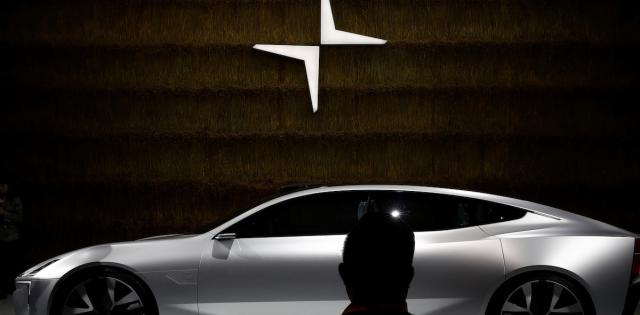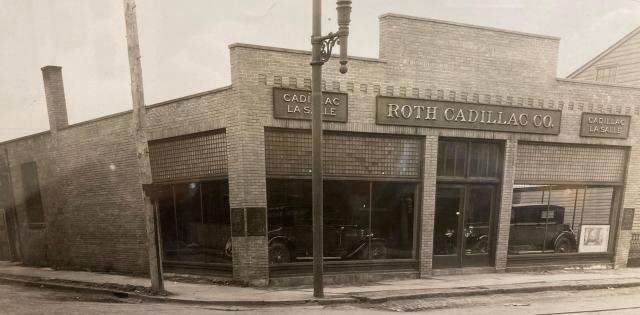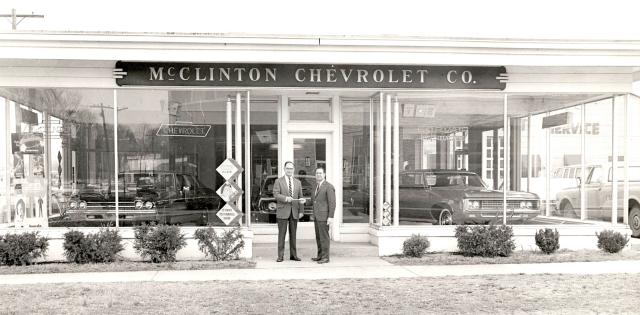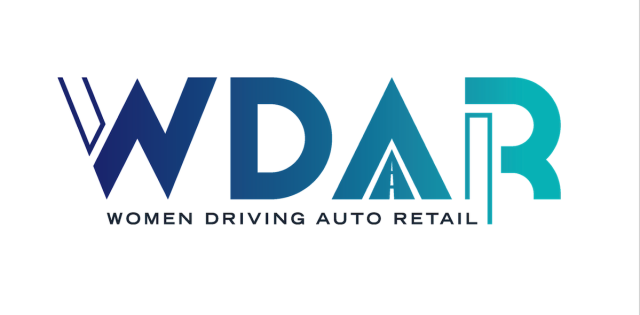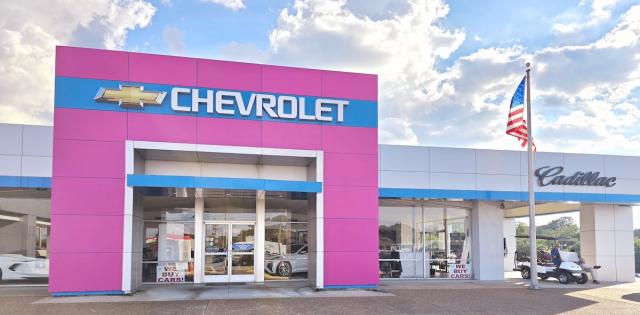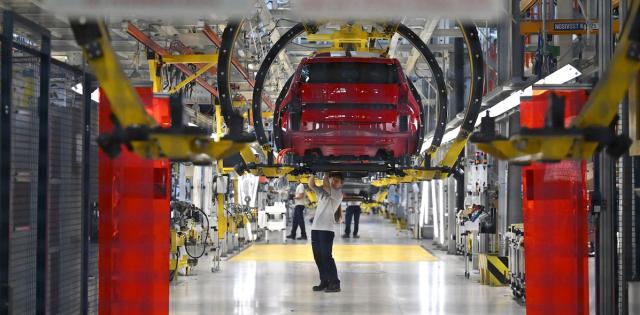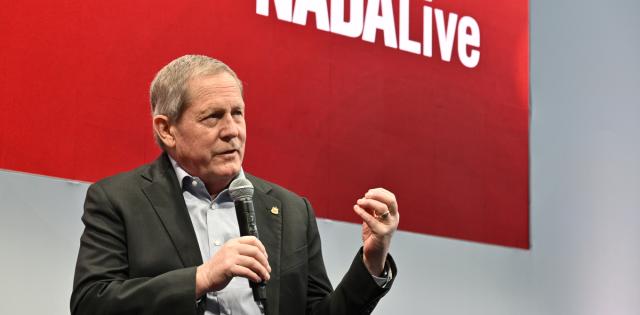WASHINGTON (Sept. 25, 2018)—According to a recent study by the Center for Automotive Research (CAR) – commissioned by NADA – American consumers would see dramatic increases in vehicle prices, and the auto industry and broader economy would suffer significant harm from new auto tariffs, including a possible 25% tariff on all imported vehicles and auto parts.
The Center for Automotive Research found that under a 25% tariff on all imports and parts, “consumers would see the price of the typical vehicle sold in the United States rise by $4,400. Prices of U.S.‐assembled vehicles rise due to an increase in the cost of imported vehicle parts, adding $2,270 to the price. For the typical imported vehicle, these tariffs raise consumer prices by $6,875 per vehicle.”
The CAR study, “Consumer Impact of Potential U.S. Section 232 Tariffs and Quotas on Imported Automobiles & Automotive Parts,” also found that a 25% tariff would result in:
- A 2-million-unit reduction in the total number of new vehicles sold.
- Total U.S. employment losses of nearly 714,700, and GDP losses of $59.2 billion.
- A loss of 117,500 of the 1.1 million U.S. new-car dealership jobs, with the average franchised dealership losing 7 jobs.
- An increase in used car prices due to heightened demand and constricted supply.
- Increases in the cost of vehicle maintenance and repair due to higher automotive parts prices, “so even holding on to an existing vehicle will become more expensive.”
“Tariffs and quotas on automobiles and automotive parts will not strengthen the U.S. economy or make U.S. automakers and suppliers more competitive in the global market,” CAR CEO and President Carla Bailo said when the report was released. “Prices will rise for U.S. customers – even if they buy a U.S.-build vehicle – due to the share of imported parts content used in U.S. production.”
NADA President and CEO Peter Welch has asked the Trump Administration to “fully and carefully consider” these economic consequences before imposing new and broad tariffs on automobiles and auto parts.
“The average price a new car already hovers around $35,000,” Welch said. “According to Edmunds, in the past year interest rates on new car loans have risen 86 basis points and now average 5.82% – with more increases on the horizon. The average monthly car payment for a new vehicle now stands at $533 per month with an average loan term of 69 months. Our customers are already strapped to make those payments. A $4,400 tariff on top of that would increase new car payments to $611 per month (a $78 per month increase) – and put the purchase of a new car out of the reach of many Americans.”
“New tariffs or quotas would also reduce competition and consumer choice; increase the cost of used vehicles; and raise the cost of getting vehicles serviced and repaired,” he added. “As a nation, we can and should work together to address genuine trade concerns, without hurting American consumers and small businesses.”



